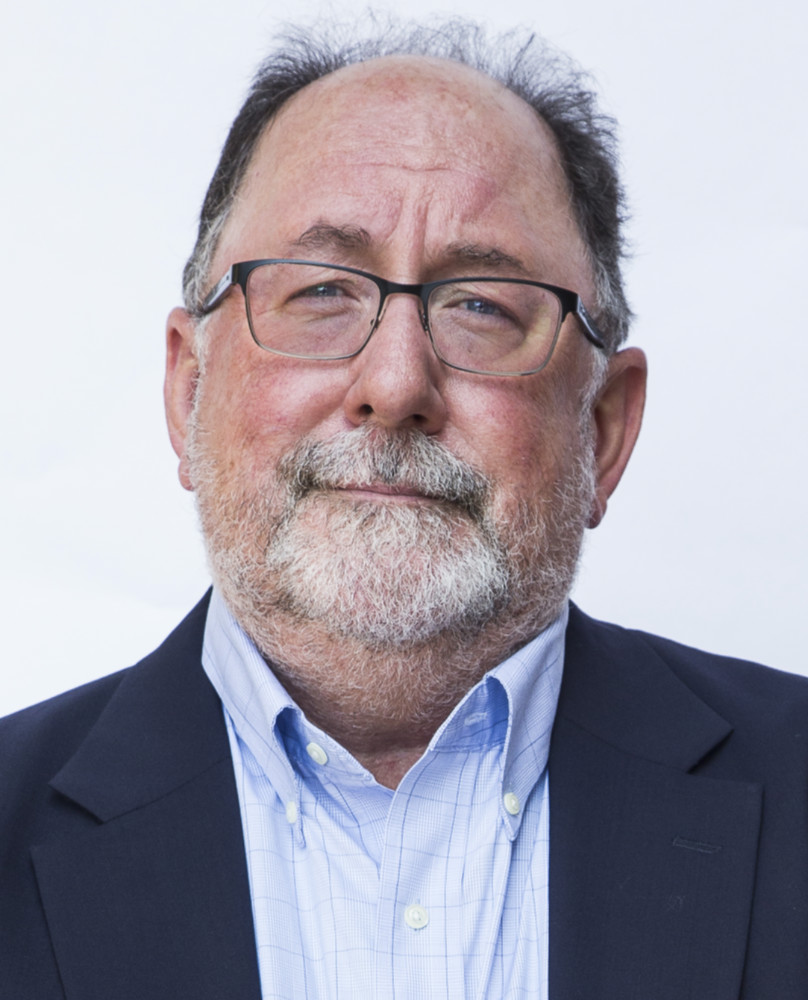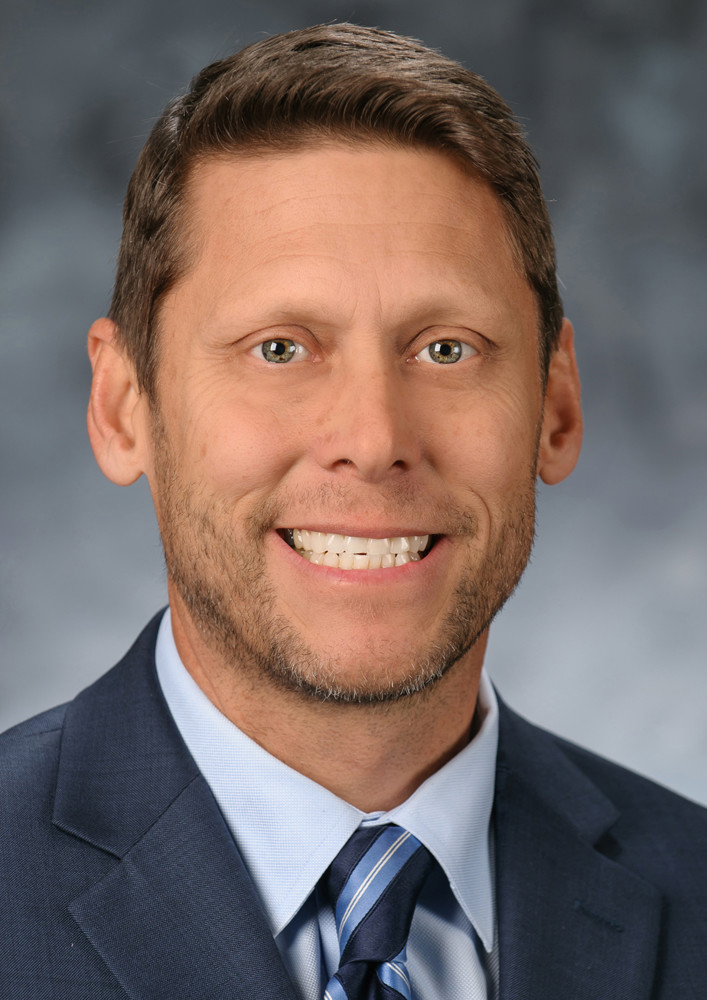
Teaming Up for Schools


Research shows that by the time they reach age 18, over a third of children and adolescents meet the criteria for a psychiatric disorder. However, only a small percentage of students with mental health problems receive the crucial special education services they need — in no small part because of a lack of qualified professionals.
Recognizing the critical need for more and better prepared scholars in this area, the U.S. Department of Education has awarded a $2.7 million grant to UC Santa Barbara and Boston University to fully fund a cohort of nine doctoral students: three in school psychology and three in special education at UCSB and three in special education at BU.
The project is known formally as TEAMS: Collaboration to Train Special Education and School Psychology Scholars to Advance Equity in the Study of Mental Health Among Students: A Special Education Leadership Preparation Program.
“Project TEAMS embraces so much of our core mission,” said Jeffrey Milem, the Jules Zimmer Dean’s Chair of Gevirtz Graduate School of Education. “Through this grant, we will teach leaders who will help build equitable communities. It will also help us transform school systems to better serve vulnerable populations, as we collaborate with interdisciplinary partners to conduct impactful, respectful, equity-serving and community-engaged service and research.”
Special educators and school psychologists play a critical role in addressing mental health needs of all students, particularly because schools are where students are most likely to receive mental health interventions. Unfortunately, schools are simply unable to provide what these students need. The National Association of School Psychologists recommends a ratio of one school psychologist per 500 students in order to provide comprehensive school psychological services. Current data estimates a national ratio of 1:1211.
School support for student mental health requires educators to be well prepared to use evidence-based interventions to support students’ social, emotional and behavioral development, and to prevent the development of emotional/behavioral disorders.
Project TEAMS will prepare leaders in special education and school psychology with a deep and wide range of services and research, including assessment and intervention related to students’ social, emotional and mental health needs; ecological systems serving culturally, linguistically and racially diverse students with emotional/behavioral disorders; methods to produce new research related to students with emotional/behavioral disorders; methods to prepare diverse special education teachers; and school psychologists to collaborate on interdisciplinary teams.
“This project features extensive interdisciplinary collaboration among colleagues at UCSB across the Department of Counseling, Clinical and School Psychology and the Department of Education, in addition to collaborations with colleagues in the Wheelock College of Education and Human Development at Boston University,” said Shane Jimerson, professor and principal investigator at UCSB. “The research and future faculty that emerge through this collaboration will contribute to advancing equity and transforming mental health support services for culturally and linguistically diverse children.”
Project TEAMS will fully fund students for the duration of their doctoral studies and will provide them with materials and travel funding. In addition, doctoral students at Boston University and UCSB will travel to visit the other sites, tour schools and collaborate with faculty and students. All nine students will begin their doctoral work — the program is particularly interested in accepting candidates who have already earned their master’s degrees — in the fall of 2022, and therefore must apply to UCSB’s Gevirtz School or Boston University’s Wheelock College now.
Jennifer Grief Green, the PI at Boston University and an alumna of UCSB’s Department of Counseling, Clinical and School Psychology, noted the program will support the most vulnerable students.
“We are specifically focusing,” she said, “on research that emphasizes equity and inclusion of culturally, linguistically and racially minoritized students who are most impacted by systemic and racial trauma, are disproportionately represented in special education service receipt, and are less likely to receive needed mental health services.”



